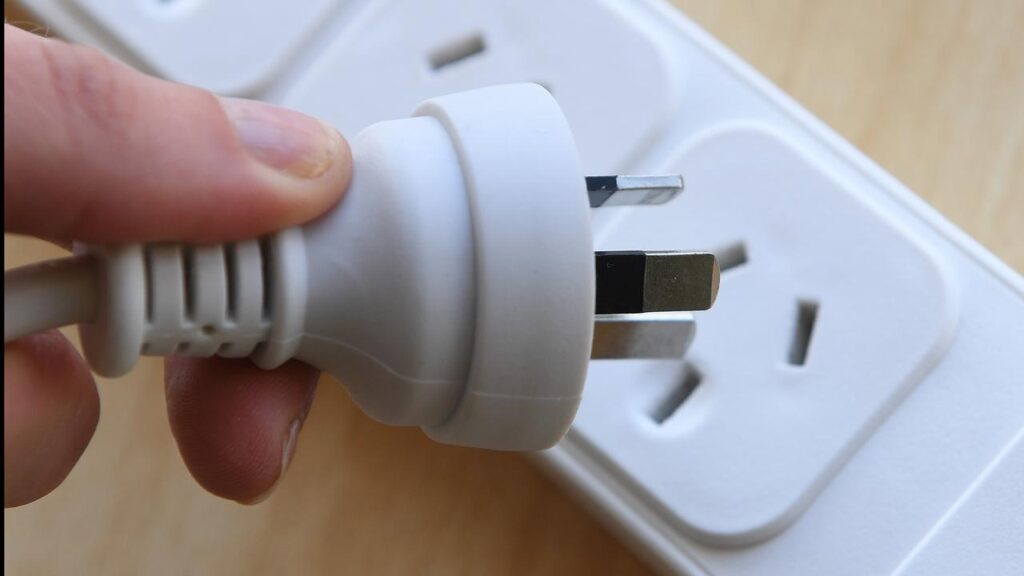Wanted: 10,000 households to plug in to energy research
Jennifer Dudley-Nicholson |

More than 10,000 Australian households and businesses will be asked to share ways they generate and use electricity for research to accelerate the net-zero transition.
The nation’s science agency CSIRO on Thursday launched the National Energy Analysis Centre that will capture real-world energy use, which has been modelled on a similar body in the UK.
The centre will also team with universities, electricity retailers and others to model future demands on the national grid.
The announcement comes amid change in the Australian energy market, with household demand for solar panels and energy storage primed for growth by the recent launch of the $2.3 billion Cheaper Home Batteries Program.

Research into electricity and gas use has been “piecemeal” despite significant investment in the energy market and policy changes, the centre’s director Stephen Craig said.
Individual research efforts such as Saul Griffith’s Electrify 2515 pilot project have probed the market, he said, but Australia is yet to collect broad energy data on a national basis.
“What we haven’t had is the consistent, enduring capability so you can follow trends over time, you can compare apples with apples if you’re doing different types of research and trials,” Dr Craig told AAP.
“What we want to do is get an understanding of how energy is used today, how energy flows in the household and small businesses as well, but also get a handle on what people like and don’t like.”

The centre aims to recruit 1000 participants in its first year and ultimately reach 10,000 households and businesses throughout Australia, he said, similar to the Living Lab in the UK.
The Australian centre would also develop energy system modelling, analysis and visualisation tools to assist research.
Along with analysing a wide range of households, Dr Craig said it would be important to assess the use of solar panels, electric vehicles and household batteries because they could take pressure off the national grid.
“There’s more and more of the energy system in the hands of households,” he said.
“We don’t want to under-build because then we may not have a robust system but we don’t want to overbuild either, so to have better data on how people are using energy and want to use energy is helpful.”
Households that participate will share anonymous data from their electricity meter as well as temperature and humidity readings from inside their home, and could be invited to take part in specialty projects.

Newcastle participant Heath Raftery said he signed up to discover ways to reduce his family’s energy bills, but also to ensure households like his were considered in future policies.
“I’m a renter so there’s not much I can do infrastructure-wise but having input … will help governments and providers to consider the third of the population that is renting,” he said.
The centre is already collaborating on projects with Endeavour Energy and the Race for 2030 co-operative research centre.
AAP